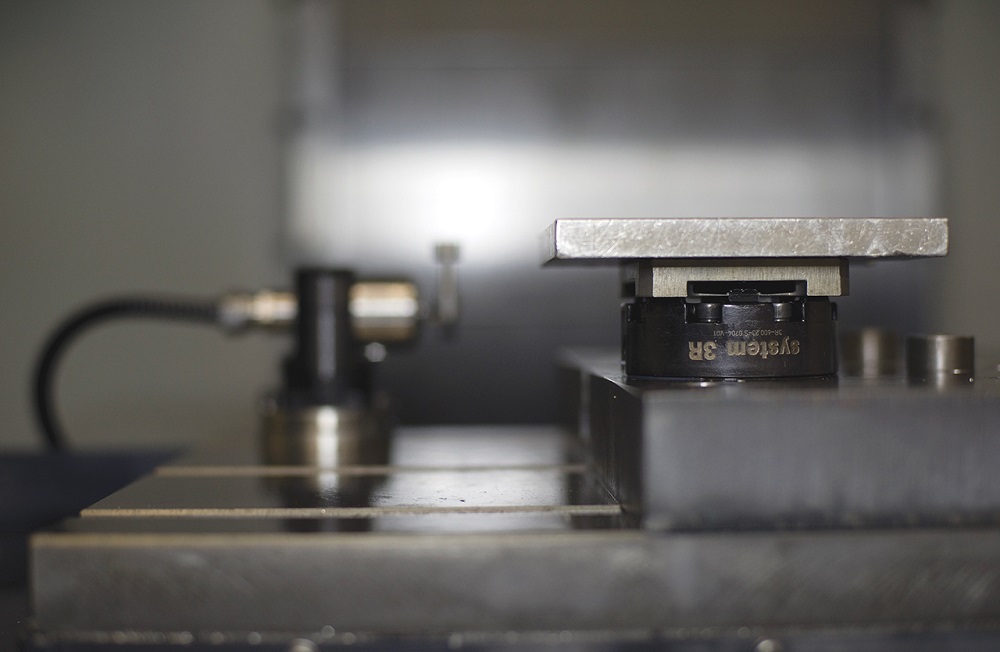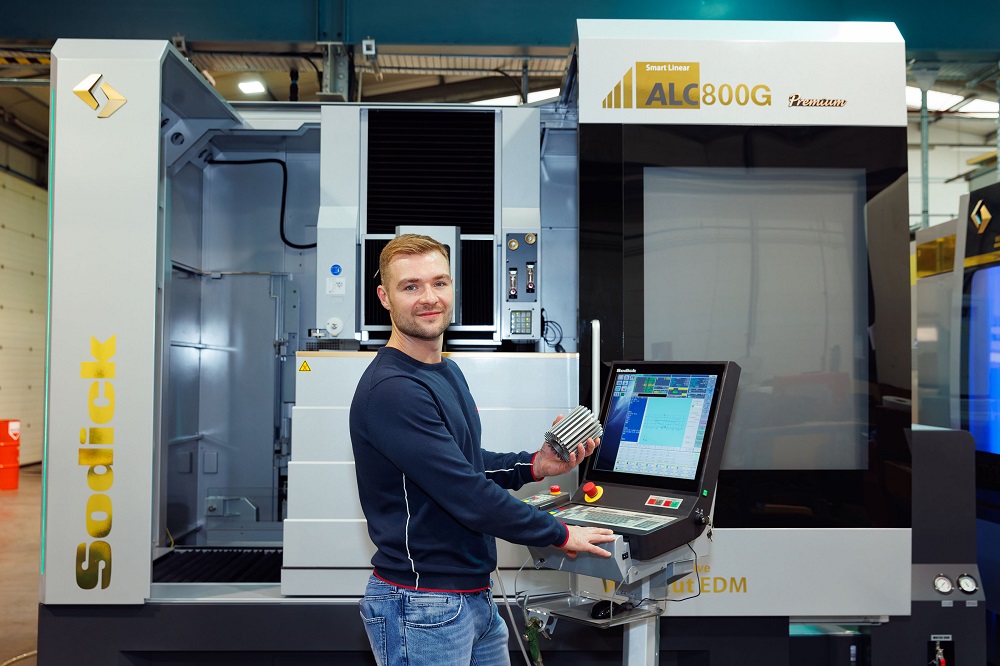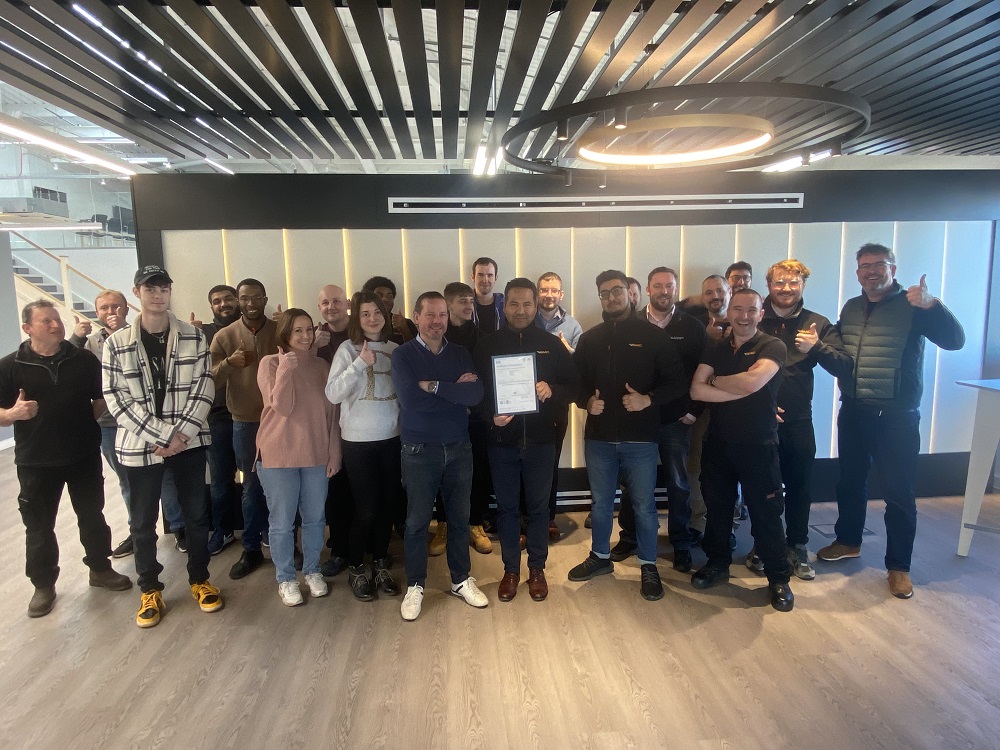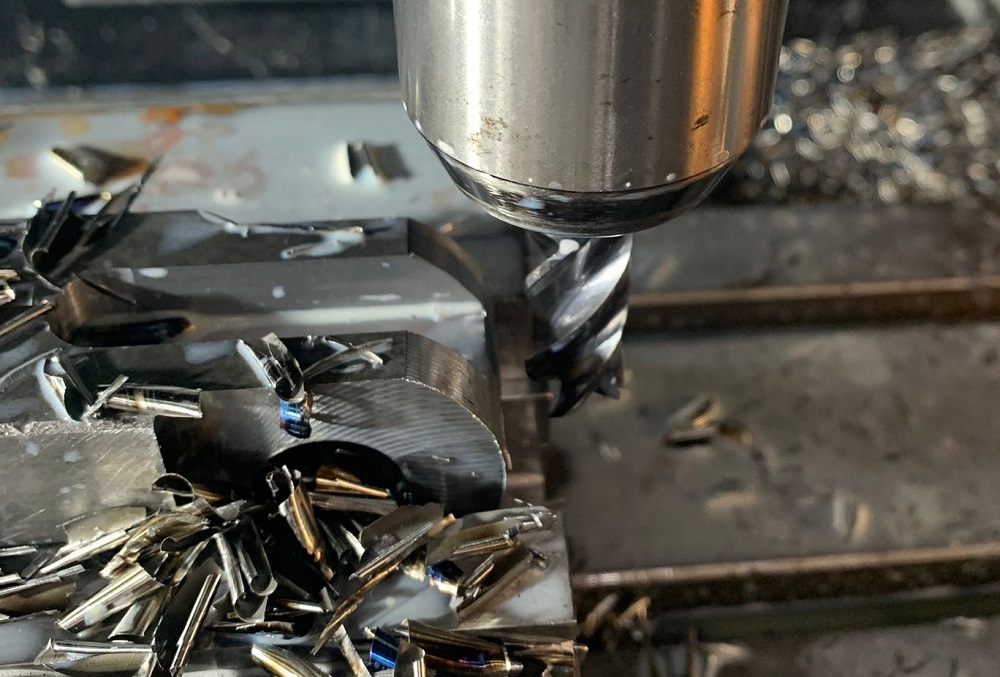Mills CNC, the exclusive distributor of DN Solutions’ (formerly Doosan) and Zayer machine tools in the UK and Ireland, has recently supplied ABG Rubber & Plastics, a precision subcontract specialist and part of the Oadby group of companies, with two high-performance, multi-tasking lathes.The machines, both 10” chuck, FANUC-controlled Lynx 2600SY turning centres, are now in situ at ABG’s 20,000sq ft manufacturing facility in Northampton.
The new Lynx lathes which, incidentally, are the first DN Solutions’ (Doosan) machines to be acquired by ABG in its 48-year history, have significantly strengthened the company’s, already impressive CNC machining resources.
Since installation, the lathes, fitted with bar pullers to increase their productivity and facilitate a measure of automated operation, have been put through their paces machining a wide range of high-precision parts and components. ABG makes these bushes, bearings, shafts, wheels, rollers and camsfrom a wide range of engineering plastics that include PEEK, PVDF, nylon 6 andpolyethylene.
The parts, machined and supplied in medium to large volumes, are often characterised by their delicate and intricate features and tight geometric tolerances.They are machined for a diverse range of customers operating in, and serving, a multitude of industries that include automotive, medical, pharmaceutical, materials handling, construction, and food and beverage, to name but a few.
Despite their relatively recent installation (three months), the lathes have already made their mark helping to improve ABG’s productivity and process efficiencies.
Says Chris Woolley, ABG’s general manager:“Our Lynx lathes are powerful, accurate, flexible and reliable.They are equipped with a number of productivity-enhancing technology features that include a ±52.5 Y axis, a 6-inch chuck sub-spindle (4500rpm) and driven-tooling capability (5.5 kW/5000 rpm). These features enable us to machine complex, high-precision parts in one-hit.”
He adds: “This ability to reduce set-up and part cycle times, in particular, is helping us improve our process efficiencies and is already having a positive impact on customer lead times and the cost-per-part.”
ABG Rubber & Plastics, acquired by the Oadby group of companies in 1998, is a processor of engineering plastics and industrial rubber with a reputation based on quality, technical excellence and customer service. The company is ISO9001 and ISO14001 certificated, and is the CNC machining specialist within the Oadby Group.As such, the company has a well-resourced production facility which, combined with the considerable technical skill and experience of its staff, enables it to offer a complete one-stop shop, including design for manufacture (DfM) services, to customers: everything from prototypes through to large-volume batch production.
To maintain its leading position in the market, ABG is committed to continuous improvement and, as a consequence, regularly invests in its people, plant and equipment, as well as its processes and systems.
With business returning to pre-pandemic levels the company, back in early 2022, made the decision to further increase and improve the capacity and capabilities of its machining operations by investing in two new CNC lathes.
Says Anthony Morbey, ABG’s technical manager:“The pandemic did have an adverse effect on certain sectors that we serve, and this naturally caused a hiatus in our investment plans.Thankfully, this was short-lived and, with demand returning for our machining services, we moved quickly and decisively to upgrade and strengthen our CNC turning resource.”
Having previously invested in a lathe with driven-tooling capabilities, as well as in sliding-head technology and a number of five-axis machining centres, ABG did not need to be convinced about the productivity and performance benefits of multi-axis machine tools and the competitive edge they provide.
Continues Morbey:“After careful analysis of our machining operations we determined that we needed two new high-performance CNC lathes and, in order to meet our immediate and future turning requirements, both would need Y axes and sub-spindles.”
In addition to their multi-tasking capabilities, ABG also required the two new lathes to have a small footprint and be available relatively quickly after the time of order.
“Space is at a premium within our production facility, which is why both lathes needed to be compact in size and, because of the high demand for our turning services, we needed the new lathes to be delivered as soon as was practically possible,” explains Morbey.
Although ABG had not previously invested in DN Solutions’ or Doosan machine tool technology, the company placed an order for two Lynx 2600SY machines.
“We did our homework and researched the market by talking to a number of suppliers, customers and third parties”, explains Woolley.“It soon became apparent that DN Solutions’ machines have great reputation in the market for their performance and reliability, and that Mills CNC’s after-sales service and support [including its machine tool servicing and its wear and replacement part provision], as well as its progressive machine tool stocking policy are also highly regarded and well respected.”
He continues: “As a consequence, we approached Mills with our machining needs and requirements and, through working collaboratively with them, fine-tuned the details of the turning investment.”
According to Mills CNC, Lynx 2600SY lathes are the number one choice for small precision turned-part processing.The 10” chuck machines are compact, have a rigid design and build and feature a powerful, high-torque main spindle (18.5 kW/3500rpm), roller-type LM guideways and 30m/min rapids. In addition to their Y axes, sub-spindles and live tooling, Lynx 2600SY lathes also feature servo-driven, 12-station turrets and were supplied to ABG with the new Doosan FANUC iPlus control with 15” touchscreen iHMI.
Concludes Morbey:“The new Lynx lathes have been placed opposite to one another in our production facility and, since their installation, haven’t missed a beat.The decision to invest in two Y-axis, sub-spindle lathes has paid dividends. We’re able to machine high-precision, complex parts faster, better and more economically than previously, and are considering investing in more Lynx lathes in the near future.
For further information www.millscnc.co.uk



















